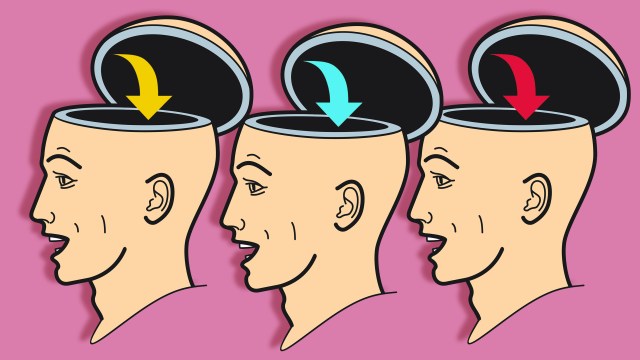Why psychiatrists are calling on the APA to end its controversial ‘Goldwater Rule’

A group of high-profile psychiatrists are calling on the American Psychiatric Association to roll back its controversial Goldwater Rule, which prohibits APA members from airing opinions on the mental health of public figures.
In a letter to the APA, 22 psychiatrists said the inability to provide their expertise on the mental health of public officials amounts to a public disservice.
“The Goldwater Rule, in its present form, is antiquated, illogical, without scientific foundation, and intrinsically undermining of mental health professionals’ efforts to protect the public’s well-being,” the letter read.
The APA says that psychiatrists may only give their opinions about the mental health of a public figure if they’ve conducted an in-person examination and been granted authorization to air a statement. The rule exists to prevent psychiatrists from using their expert status to convey political biases and because the APA maintains psychiatrists could only form an accurate diagnosis or opinion from an in-person examination.
But the psychiatrists behind the letter disagree.

“We see our speaking out on our sense of dangerous psychological unfitness in a public figure as an ethical imperative, not an ethical transgression. The Goldwater Rule’s insistence that it is unethical for a mental health professional to comment on a public figure’s psychological functioning without an interview is misguided and without scientific foundation.”
It’s not the first time the rule has been publicly challenged since President Donald Trump took office. In 2017, the New York Times published an op-ed signed by 35 mental health professionals that read:
“Mr. Trump’s speech and actions demonstrate an inability to tolerate views different from his own, leading to rage reactions. His words and behavior suggest a profound inability to empathize. Individuals with these traits distort reality to suit their psychological state, attacking facts and those who convey them (journalists, scientists).
In a powerful leader, these attacks are likely to increase, as his personal myth of greatness appears to be confirmed. We believe that the grave emotional instability indicated by Mr. Trump’s speech and actions makes him incapable of serving safely as president.”
The APA declined to revise the rule, instead choosing to expand its scope by banning psychiatrists from airing any opinion on the mental health of public figures, whereas before only forming diagnoses was forbidden.
At least one of the psychiatrists who signed the letter was notified that her local APA branch was investigating her on “allegations unethical conduct,” STAT reports.
The Goldwater Rule came under scrutiny because of the highly polarized 2016 presidential election, but it stems from the 1964 presidential race between former President Lyndon B. Johnson and U.S. Senator Barry Goldwater.
In 1964, the now-defunct magazine called Fact published an article that featured a poll of psychiatrists’ opinions on whether U.S. Senator Barry Goldwater was mentally fit to become president. The answer, according to about half of the 2,417 psychiatrists who responded, was no.
‘1,189 PSYCHIATRISTS SAY GOLDWATER IS PSYCHOLOGICALLY UNFIT TO BE PRESIDENT!’ read the article’s cover line.
Goldwater later won a defamation lawsuit against the publisher, and in 1973 the American Psychiatric Association (APA) adopted the Goldwater Rule.
Still, it remains unclear whether the current state of U.S. politics will encourage the APA to reconsider its longstanding policy.





